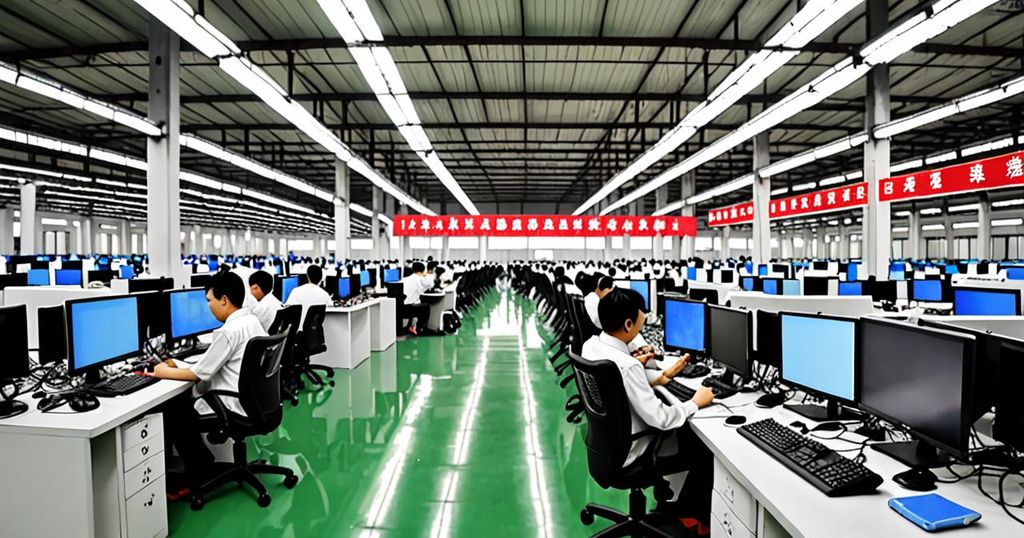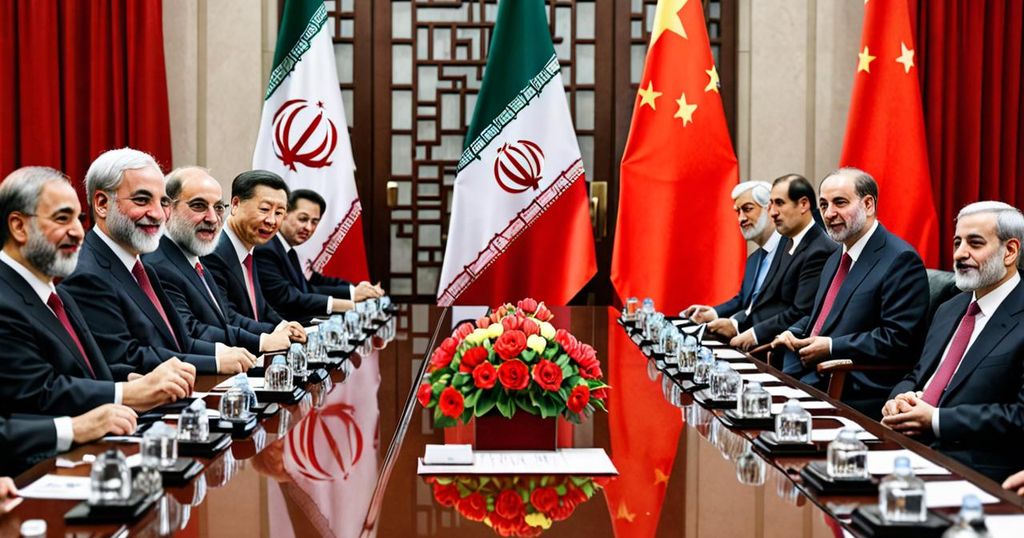The United States has recently implemented a prohibition on four Chinese technology companies, alleging their involvement in supporting the Chinese military. This decision, disclosed by the US Department of Commerce, represents the most recent progression in the ongoing tensions between the United States and China.
The entities affected by the prohibition consist of two drone manufacturers, DJI and SZ DJI Technology Co Ltd, as well as two additional organizations, China National Scientific Instruments and Materials Corp (CNSIM), and Beijing Institute of Technology. The US Department of Commerce has stated that these companies were engaged in the “procurement of items for military end use in China” under the guise of civilian research and development.
This act is part of the United States government’s effort to crack down on what it perceives as China’s military-civil fusion development strategy, which seeks to enhance the Chinese military through the incorporation of civilian technology and expertise.
In response to the prohibition, a representative for the Chinese Foreign Ministry criticized the decision as an endeavor to stifle Chinese companies and advance the strategic interests of the United States. The spokesperson urged the United States to discontinue its “unreasonable suppression” of Chinese companies and to create a just and non-discriminatory environment for all businesses.
The United States government has been increasingly concerned about China’s expanding technological and military capabilities, particularly in the realm of artificial intelligence and advanced manufacturing. The ban on these Chinese technology companies is viewed as a measure to restrict China’s access to advanced technology with potential military applications.
The imposition of the prohibition on these Chinese companies is expected to have substantial ramifications for the global supply chain, as they are significant participants in the tech industry. The decision is anticipated to further escalate trade tensions between the United States and China, which have already been strained by issues such as trade tariffs, intellectual property theft, and market access barriers.
The US Department of Commerce has defended the prohibition by referencing concerns regarding the diversion of civilian technology to military purposes, as well as the potential threat to US national security. The prohibition forbids American companies from exporting specific goods to the designated Chinese entities without obtaining a license.
It is imperative to recognize that the prohibition on these Chinese technology companies is merely one illustration of the broader geopolitical and economic rivalry between the United States and China. The two countries have been involved in a prolonged trade war, with both sides imposing tariffs on each other’s goods in an attempt to gain leverage in negotiations.
The impact of the prohibition on the Chinese companies will largely hinge on how other countries and tech suppliers respond. Given the interconnected nature of the global tech industry, the repercussions of the prohibition are likely to extend beyond just the companies directly targeted.
In summary, the United States’ prohibition on four Chinese tech companies for purported military support reflects the escalating competition and distrust between the world’s two largest economies. The move is projected to have far-reaching consequences for the global tech industry and could further exacerbate the already strained relations between the United States and China. As the situation continues to unfold, it is essential for businesses and policymakers to carefully monitor and assess the implications of these geopolitical developments.








